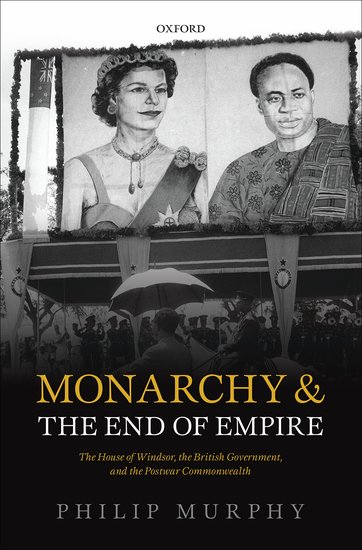A bookish slideshow
From ancient times to the creation of eBooks, books have a long and vast history that spans the globe. Although a book may only seem like a collection of pages with words, they are also an art form that have survived for centuries. In honor of National Library Week, we couldn’t think of a more fitting book to share than The Book: A Global History. The slideshow below highlights the fascinating evolution of the book.









